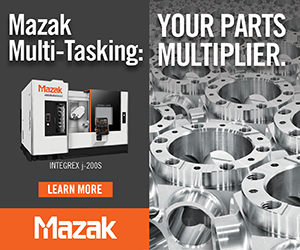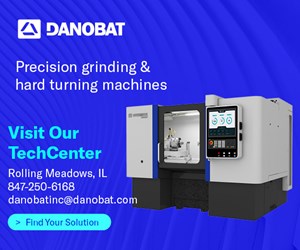Turn Tax Tragedy To Tax Victory
Joe and Sam each own 50 percent of a successful business. Each is worth about $9 million, but neither has any significant cash or liquid-type investments.
Joe and Sam each own 50 percent of a successful business. Each is worth about $9 million, but neither has any significant cash or liquid-type investments.
Part of the problem was the amount of money—$1.8 million—each had in a profit sharing plan. Let's do the math using one dollar. Take out a dollar and the IRS gets 40 cents in income tax. At death, the IRS gets 55 percent or 33 cents for estate taxes. Only 27 cents will go to the family. Using the $1.8 million, $1,314,000 goes to the IRS and only $486,000 to the family?
Two more points: (1) If you die with money in a qualified plan (IRA, 401(k), profit-sharing plan or similar plans), the IRS nails your estate for the same double tax. This double tax at death is called income in respect of a decedent (IRD). (2) Your home state may get into the act and take some more dollars, (typically in the 4 percent to 10 percent range) off the top.
But there is an easy solution. It's called a Subtrust. A special trustee of the Subtrust buys life insurance on the life of the plan participant or second-to-die insurance on the participant and his or her spouse. And that's what Joe and Sam did. Their wives—both age 54—are healthy, allowing the purchase of second-to-die life insurance at a reasonable premium. Each bought $4 million of insurance in the Subtrust. When each $4 million in proceeds will be paid down the road to Joe's and Sam's families (that's $8 million total), the entire amount will be received tax-free—no income tax, no estate tax!
Business Shouldn't Own Real Estate
We see the real estate mistake often. Usually, we find the business real estate in a separate C corporation and leased to the operating corporation. Wrong! Or the real estate is in the operating company. Also wrong!
Someday, when you try to get the real estate (invariably, depreciated down to a low tax basis and appreciated in value) out of the corporation, you will run straight into a huge double tax. Why? Well, the first tax hits the corporation when the real estate is sold (or transferred to the stockholders). Problem is, the sales proceeds are stuck inside the corporation. Only two ways to get them out: via a dividend or a corporate liquidation. Sorry, both are subject to a second tax. A transfer of the property to the stockholders also triggers a second tax at the stockholder level. (Note: Sometimes an S corporation can avoid the second tax.)
So, what's the answer? A business owner (Joe) should take title when the real estate is purchased. Here's why:
1. When Joe retires, the rent he collects is not subject to Social Security tax or other payroll taxes, nor does the rental income interfere with Social Security benefits.
2. Joe can borrow (tax-free) against the property if he needs cash.
3. A sale of the property is subject to only one capital gains tax.
4. When Joe dies, his heirs get a raised basis. Say Joe bought the property (land and building) 27 years ago for $100,000, and it is now fully depreciated down to $20,000 (the cost of the land). The value of the property on his date of death is $520,000. That $500,000 of profit escapes income tax. Forever! And try this—Mary now owns the real estate (free of income and estate taxes) with a brand new tax basis of $520,000. Yes, she can depreciate the property using her new $520,000 tax basis, which will shelter her rental income.
And, oh yes, when Mary dies, the law allows her to repeat the raised-tax-basis trick all over again when she leaves the property to the kids.
Read Next
The Cut Scene: The Finer Details of Large-Format Machining
Small details and features can have an outsized impact on large parts, such as Barbco’s collapsible utility drill head.
Read More3 Mistakes That Cause CNC Programs to Fail
Despite enhancements to manufacturing technology, there are still issues today that can cause programs to fail. These failures can cause lost time, scrapped parts, damaged machines and even injured operators.
Read More







.png;maxWidth=300;quality=90)









